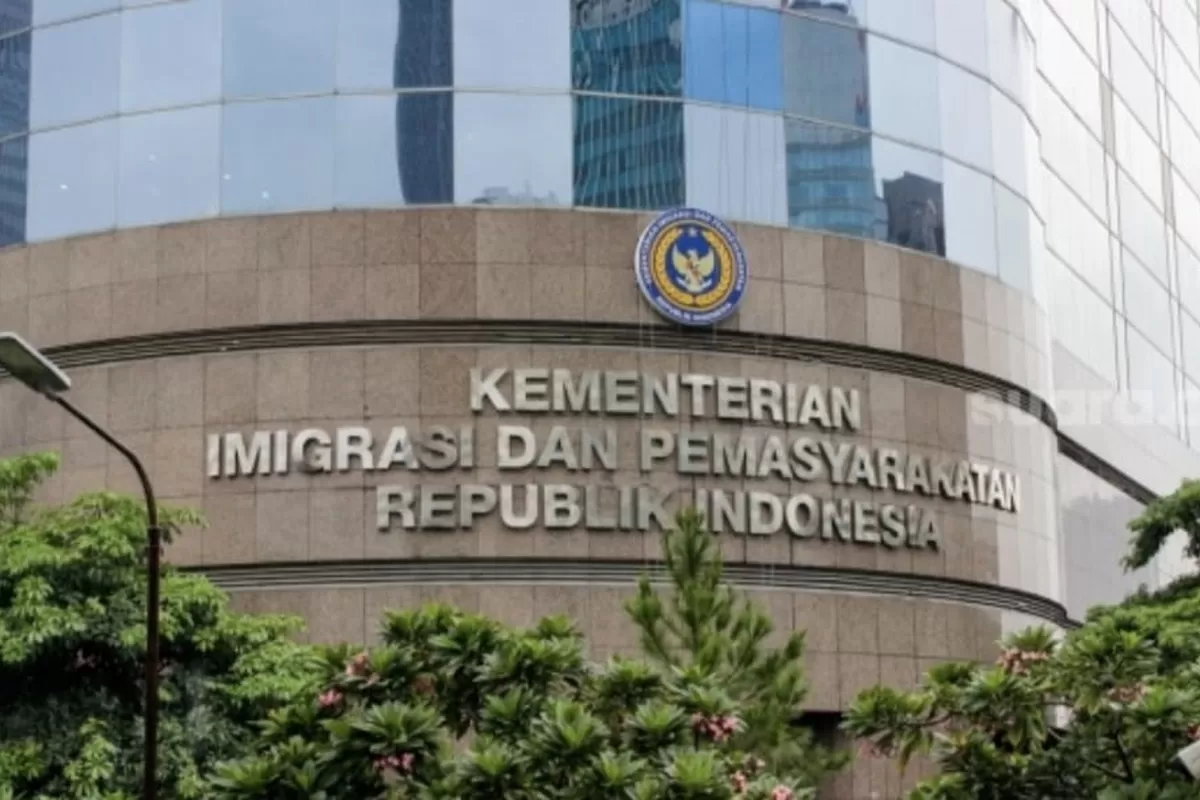Indonesia has officially introduced a new immigration pathway that allows foreign nationals with Indonesian ancestry or close family ties to live and work in the country indefinitely—without giving up their existing citizenship. The initiative, known as Global Citizenship of Indonesia (GCI), offers a permanent stay permit with no expiration date, marking a major shift in Indonesia’s approach to diaspora engagement.
The policy targets foreign nationals who have strong biological, familial, or historical connections to Indonesia, including former Indonesian citizens, descendants of ex-citizens up to the second generation, legal spouses of Indonesian nationals, and children born from mixed marriages. Despite Indonesia’s long-standing principle of single citizenship, the GCI scheme provides a legal workaround by granting unlimited residency rather than dual nationality.
Minister of Immigration and Corrections Agus Andrianto said the policy was designed to address long-standing challenges faced by diaspora communities who want to contribute to Indonesia without navigating repeated visa renewals. Speaking at a public event in Tangerang, he emphasized that Indonesia remains firm on its single-citizenship stance, but is adapting to global realities.
“Indonesia does not recognize dual citizenship,” Agus said as quoted by IDN TImes, adding that the new scheme ensures legal certainty while expanding opportunities for those with deep ties to the country.
According to Agus, the program aims to strengthen the state’s presence among its global diaspora and individuals with Indonesian bloodlines by giving them broader access to employment, investment, and social participation.
“The hope is to ensure the state is present for its citizens and those with blood ties to Indonesia, so they have the widest possible opportunity to contribute to national development.” Agus added.
Since its launch, interest in the program has begun to materialize. Seven applicants from the Indonesian diaspora have registered, with two—foreign nationals from the United States and Australia—already granted Global Citizenship status. The government is currently refining the administrative process to prevent legal or procedural issues in the future, including through coordinated virtual consultations with applicants.
The official non-tax state fee (PNBP) for obtaining Global Citizenship of Indonesia is set at USD 2,200. Authorities have warned applicants not to pay any additional charges beyond the official fee. Officials believe the program could generate broader economic and social benefits, ranging from investment inflows to contributions in sports, education, and innovation.
The government stressed that the scheme is not open to everyone. Individuals from countries that were formerly part of Indonesian territory, those involved in separatist movements, or those with backgrounds in foreign military, intelligence, or civil service are explicitly excluded.
Applications for GCI can be submitted online through evisa.imigrasi.go.id, reflecting Indonesia’s push toward a more digital and responsive immigration system. Agus noted that similar models have been implemented abroad, citing India’s Overseas Citizenship of India (OCI) as a reference point.
With Global Citizenship of Indonesia, the government signals a more flexible, globally aware immigration policy—one that preserves national legal principles while embracing the potential of its global diaspora.
Source: IDNTImes, HukumOnline
Special Photo Credit: koranmemo


